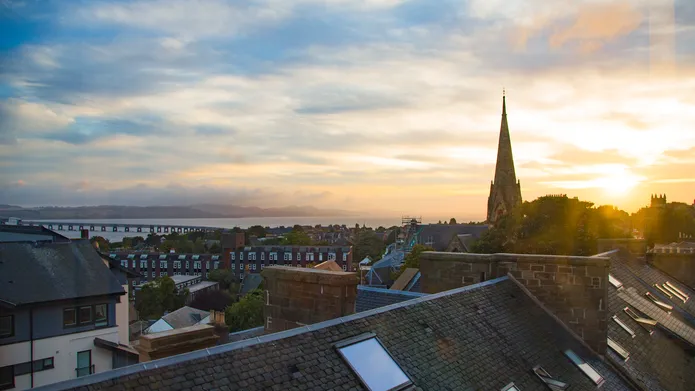Guide
Body donation
Donating your body to medical science is incredibly generous and is valued highly by staff, students and researchers. It is a decision you need to make in advance with full and informed consent.
Updated on 5 January 2026

Donated bodies are used for:
- Anatomical examination – where medical, dental and science students learn about the structure and function of the human body.
- Education and training - to train healthcare professionals, usually those learning surgical techniques.
- Research - scientific studies designed to improve our understanding of the human body in health and disease.
If you decide to donate
- It is important to discuss your wishes with your next of kin so that they can carry out your wishes with the knowledge and understanding of what is involved.
- Registering to be an organ donor and for body donation means that both of these options can be considered at point of death. However, at the point of your death if you donate an organ, it is not possible to donate your whole body to a University as we require bodies to be fully intact.
- In Scotland anyone over the age of 12 can choose to donate their body to medical science. There is no upper age limit.
- The Human Tissue (Scotland) Act 2006 is the legislation that gives the legal requirements around donating your body to medical science.
What next
- Contact us and we will send you an information pack.
- If a body is accepted then the University will take responsibility for cremation costs. It is important that you should have an alternative funeral plan if donation does not prove possible.
- The University only offers cremation as means of final disposal but if burial is preferred, the cost of this would require to be paid by the donor’s estate. Families are able to receive ashes after cremation for private internment.
- Universities are permitted by law to retain a body for up to three years. If you give permission at the time of donation it is also possible for universities to retain parts of the body for a longer period of time.
- The University holds an annual service for donors to which families are invited to attend.
Get in touch
Please contact:
Mrs Vivienne McGuire MBE
Bequeathal Manager
+44 (0)1382 388825
or
Bequeathal Administrator
+44 (0)1382 384471
Enquiries